









Why fighting the climate crisis is not your responsibility – and why you should do it anyway.
Who holds the responsibility for the climate crisis? And where should you position yourself in this context?
Without any need for further explanation, fighting the climate is a matter of extreme urgency. As it has been pointed out by the latest IPCC report, humanity should keep below 1.5 C rise in temperature since pre-industrial times to avoid major consequences – and to do that, the world should dramatically cut carbon emissions by 2030. In this situation, it is worth wondering: how did we get here? Who are the responsible, and who should – or could – do something about it? In this article, then, we would like to investigate who holds the responsibility for the climate crisis, and to reflect on where we should position ourselves, inside of this urgent global issue.
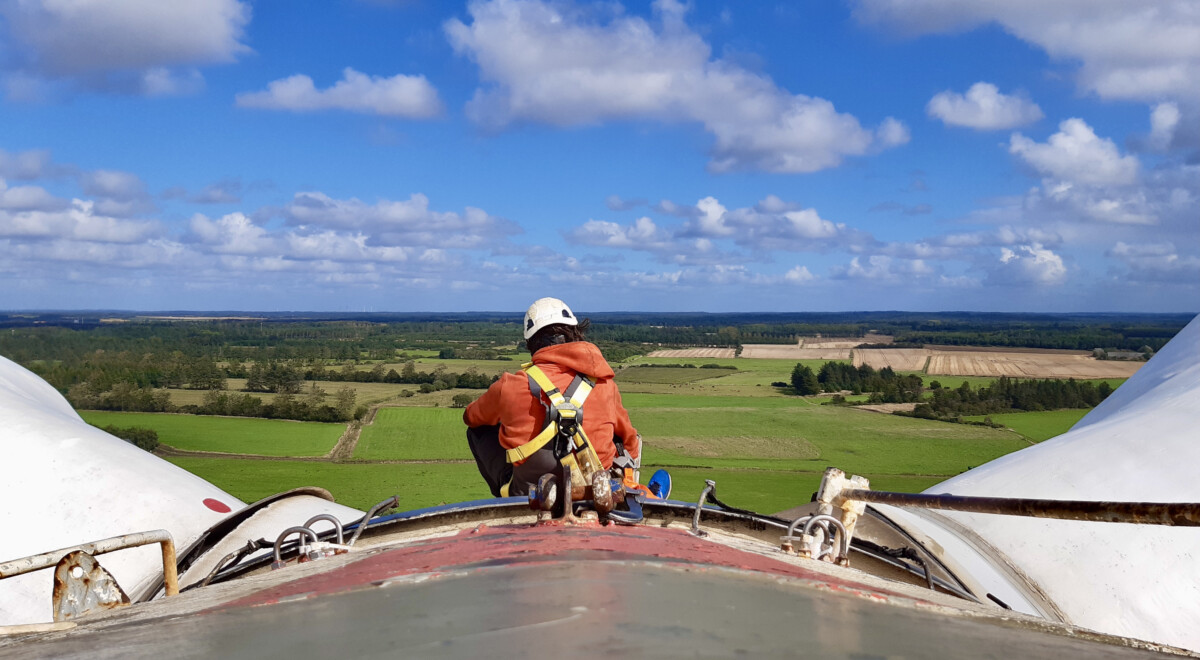
How do you spot the responsible for a global issue?
In other words, how do you decide who is responsible for solving the climate crisis? In the midst of today’s environmental despair, this question can perhaps seem superfluous. What does it matter, in the end, who should and who shouldn’t be solving this common problem? Shouldn’t we all be doing our part to tackle something that will affect all of us? Well, yes, of course we should. This, though, doesn’t take away any relevance from spotting who is responsible for the issue in the first place. Understanding who is responsible, in fact, doesn’t only mean spotting who is ‘in charge’ of dealing with the crisis – but who caused it in the first place, too, and who has the biggest capacity of doing something about it now.
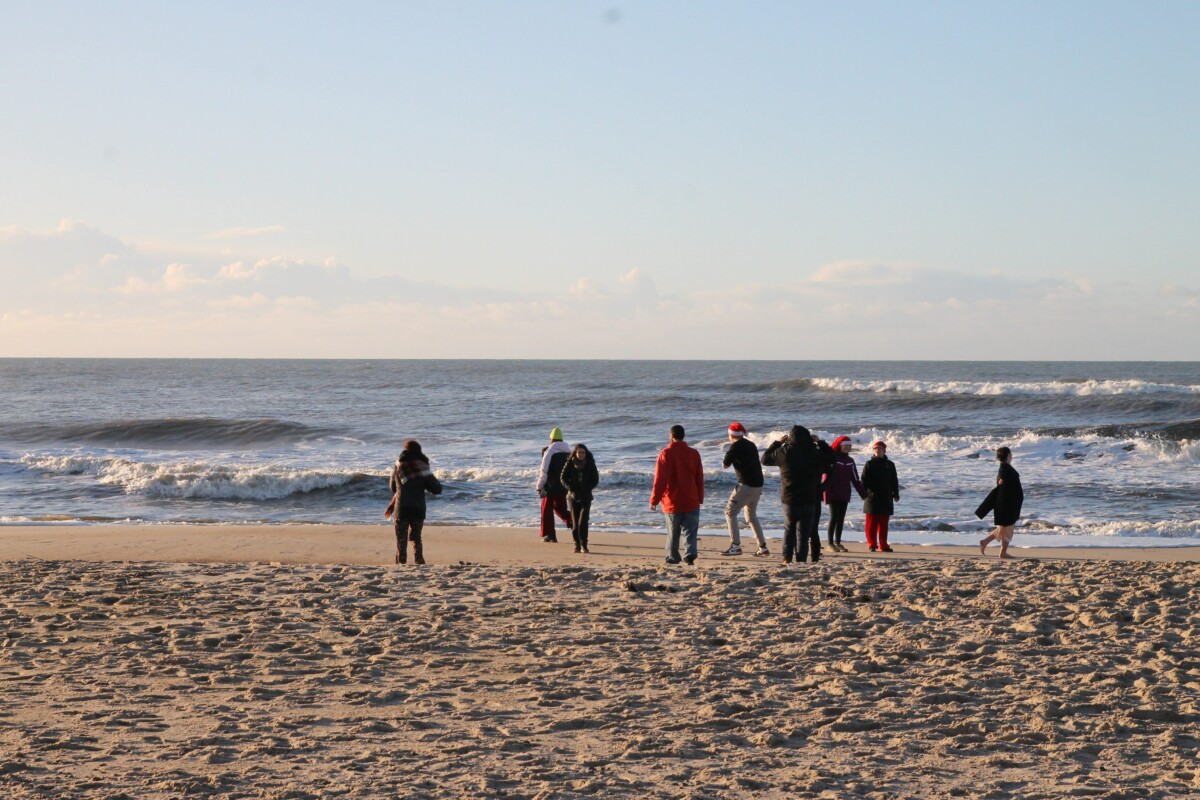
This can be explained with a reflection on the word ‘responsible’. In everyday language, this term can be associated with at least 3 meanings. As a starting point, it can mean ‘the appointed person to carry out a certain task’. In this sense, we take it for granted that everyone who can is automatically appointed to fight the climate crisis – due to its urgency today. In another sense, one can be responsible for something if he was the cause of that something. Who caused the climate crisis? Can we spot, in other words, who is to blame for the environmental disasters we face now? In the last sense, and especially in relation to the environmental crisis, ‘responsible’ can mean ‘whoever has the capacity and the possibility to do something about it’. Who really has the means and the power to tackle the issue? In this article, then, we will also mention to what extent which entities are able to participate in the fight against the climate crisis.
Coming to the candidates for the title of ‘responsible for the climate crisis’, we will be analyzing three entities today – citizens, or ‘ordinary individuals’, States, and Corporations, or big companies. For each of these categories, we will try to establish whether or not they are responsible for the global issue, according to the meanings we associated befor to the concept of responsibility.
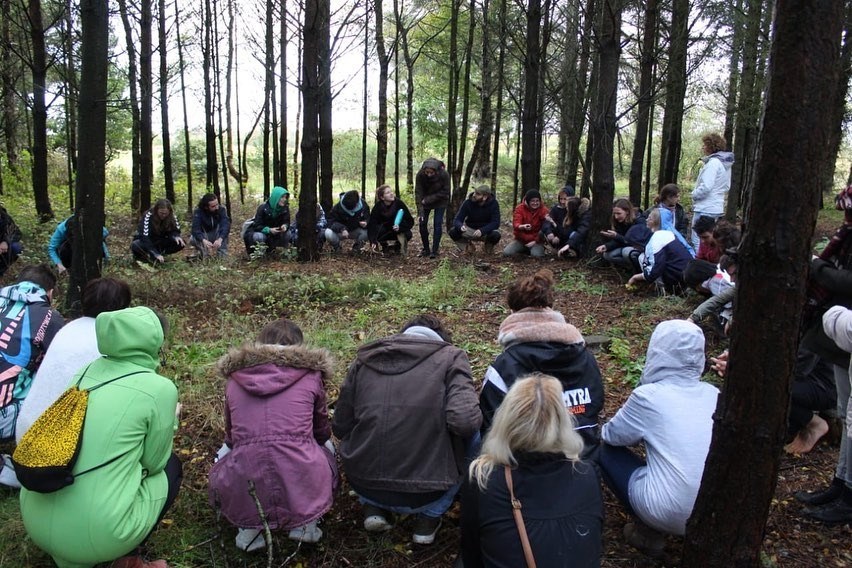
Are individuals responsible for the climate crisis?
For a long time, individuals’ carbon footprint has been at the centre of the attention of the fight against climate change. Individuals’ lifestyles and consumption habits are often called out as destructive for the environment, and the internet is full of tips on how to make yourself, an individual, more eco-friendly. The zero waste trend is an example of individuals going out of their ways to reach their smallest possible environmental footprint – a target made ambitious by the world we live in, and its current systems of mass production. But to what extent are individuals really responsible for the climate crisis?
It is worth repeating, everyone is equally involved in this global issue, and therefore everyone should act against it, according to their possibilities. But how much can citizens contribute individually, really? And were they part of causing the climate crisis in the first place?

What do we mean by individuals?
To start analysing this topic, it is necessary to look into what we mean by ‘individual’, as this concept can be confusing. Everyone is an individual after all: States and Corporations are made by individuals, too. And individuals can be very different among themselves, and their capacity to act against the climate crisis, for example, may vary according to their financial situation. What do we mean, then? Well, we mean most individuals in the world, all of those who are not heads of States or Companies. We could call them ‘ordinary individuals’, perhaps, which should not be confused with the image of an ‘average individual’. The average individual of the world is very difficult to imagine – and ends up representing no one at all, as diversity is a defining trait of the human species. We will not create this image, then: by saying ‘individuals’, we want to generalise and include the diversity of the great majority of humanity.

How did individuals contribute to causing the climate crisis?
Well, we wouldn’t have the climate crisis if it wasn’t for the modern lifestyle and consumerism of ordinary individuals, right? We wouldn’t experience deforestation for agricultural purposes if there wasn’t a high demand for meat, and we wouldn’t have plastic in the ocean if everyone had always been careful to recycle plastic bottles, right? Perhaps this is the case. Although, is it the individuals’ fault that this happened, or is it the system itself that allows, tempts, if not forces individuals to conduct this kind of lifestyle?
Capitalism, its overproduction and its obsession with profit may have been a natural development of human history, and may represent a natural reflection of the human instinct to have more and more. Another version of the same story, though, is that our system triggers and exploits the human tendency for greed and novelty, suppressing other equally natural tendencies, such as humans’ will to find fulfilment through their work, and often even human rights. It is therefore not the ordinary individuals who caused and are to blame for the climate crisis, especially not those who were born inside the pre-existing frames of our economic system.
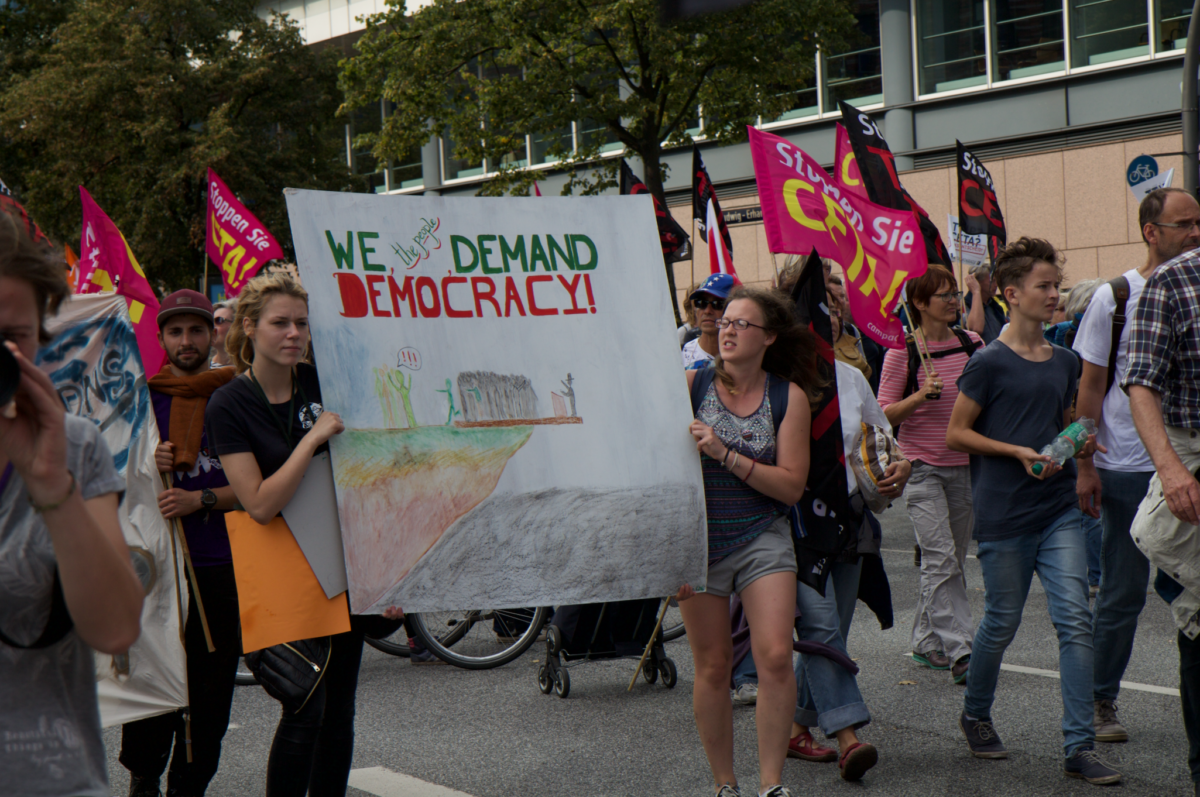
To what extent can individuals contribute to fighting the climate crisis?
Admittedly, the extent is little, compared to the capacity of, let’s say, States which can enforce regulations and Companies that decide how the production system looks like. The things that individuals can do, by themselves, are mostly limited to changing their own consumption habits and lifestyles, or to protest and advocate for change in the system. These are relevant actions, and individuals shouldn’t feel like they don’t matter at all – although they are in fact very small, on the global scale. There are two additional aspects of individuals’ potential to act on the climate crisis that should be taken into consideration.
The first one regards the diversity between the individuals that leads to a diversity in their potential to fight the climate crisis. The financial situation of individuals, specifically, must be taken into account. A recent international study from the University of Leeds calculated that, across 86 countries, the richest 10% of people consume around 20 times more energy than the poorest 10%. The lifestyles led by rich people are often wasteful and excessive, which makes them, in a way, more responsible for the climate crisis; rich people also have a higher potential to act upon such global issues, as they tend to be more influential in government and in companies driving governmental policies. This said, it is true that high consumers live, like the rest of us, in a dysfunctional system that enables, and even rewards, their consumption.

Another aspect to take into consideration, when talking about individuals, is their number and their capacity to unite. It would be incorrect to talk about the individual’s potential to fight the climate crisis without mentioning that, if individuals collaborate, this potential increases exponentially. It is then always worth encouraging collective action for climate justice – whether it regards political demonstrations or environmental friendly initiatives.
Are States and governments responsible for the Climate Crisis?
States have the legal power to set regulations over their own territory. You would imagine that they could, for example, ban disposable and pollutant materials, and commit to serious and effective action plans to fight the climate crisis. This, after all, would benefit them in the first place – as the economic and human costs of not meeting the 2030 sustainability goals will far outweigh the costs of action. Why haven’t they done so already?
What do we mean by States?
Shortly, by States we mean the institutions that constitute the decision making and enforcing organs of countries – not the citizens that make up the country itself, as that was covered in the last section. Although the definition of State is quite clear, it needs to be noted that not all States carry the same responsibility, when it comes to the Climate Crisis. Many people argue, in fact, that richer states are not only more culpable for our current situation, but they also benefit from better possibilities to actually do something about it. In fact, it is a popular opinion that rich States should not only worry of reaching the environmental goals in their territory, but also of helping and facilitating the transition of poorer, developing countries. As we try to understand to what extent States are responsible for the Climate Crisis, then, it is important to keep in mind that no matter what, some governments are simply more responsible than others.
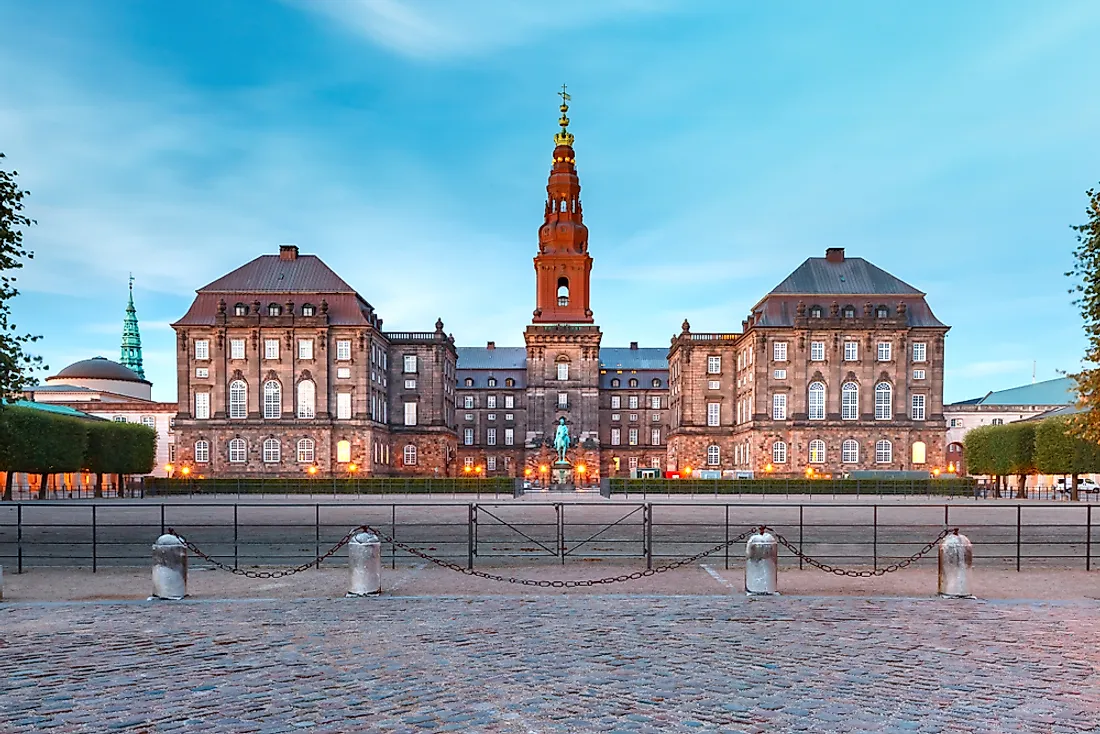
What can States do to fight the Climate Crisis?
States can take a number of actions to act upon the environmental struggle. They can for example enforce regulations and legislations over their own territory, that would prevent or discourage behaviours that are destructive for the environment. They can also subsidise climate-friendly sectors of economy and business, such as renewable energy, environmental research and non-invasive agricultural practices; in the same way, they can discourage anti-environmental sectors through taxation and sanctions. According to this, it seems that States have all the needed potential to take effective action against climate change, and to truly make a difference. This is only partly true, because States often encounter different limitations or internal issues that can prevent them from acting fruitfully. Here are some examples:
- Economic limitations. Public debt is an intrinsic aspect of our economical model, making countries dependent on private banks which, contrary to States, don’t have any obligation towards the common good and seem to be preoccupied with their own interests only.
- The transnational nature of global issues and corporations. Because States can enforce regulations on their territory only, it is often problematic for them to tackle global issues and to have power on transnational companies.
- The clash with powerful interests of private corporations. Often influential across governments, the heads of multinational corporations have the economic and political abilities to effectively hinder governmental action against Climate Change.
- The delicacy of issues and priorities. Some States simply cannot aim for both eliminating inequality and poverty and cutting emissions completely in the next decades. This was one of the main public criticisms brought forward against the 2015 Paris agreements, and one of the reasons why many argue that rich countries should take the lead and the full responsibility of the Climate Crisis.
To summarise, States can take on important initiatives to fight the Climate Crisis. Their capacity, though, varies according to the country in question, and is most often limited or challenged by opposing powerful interests.
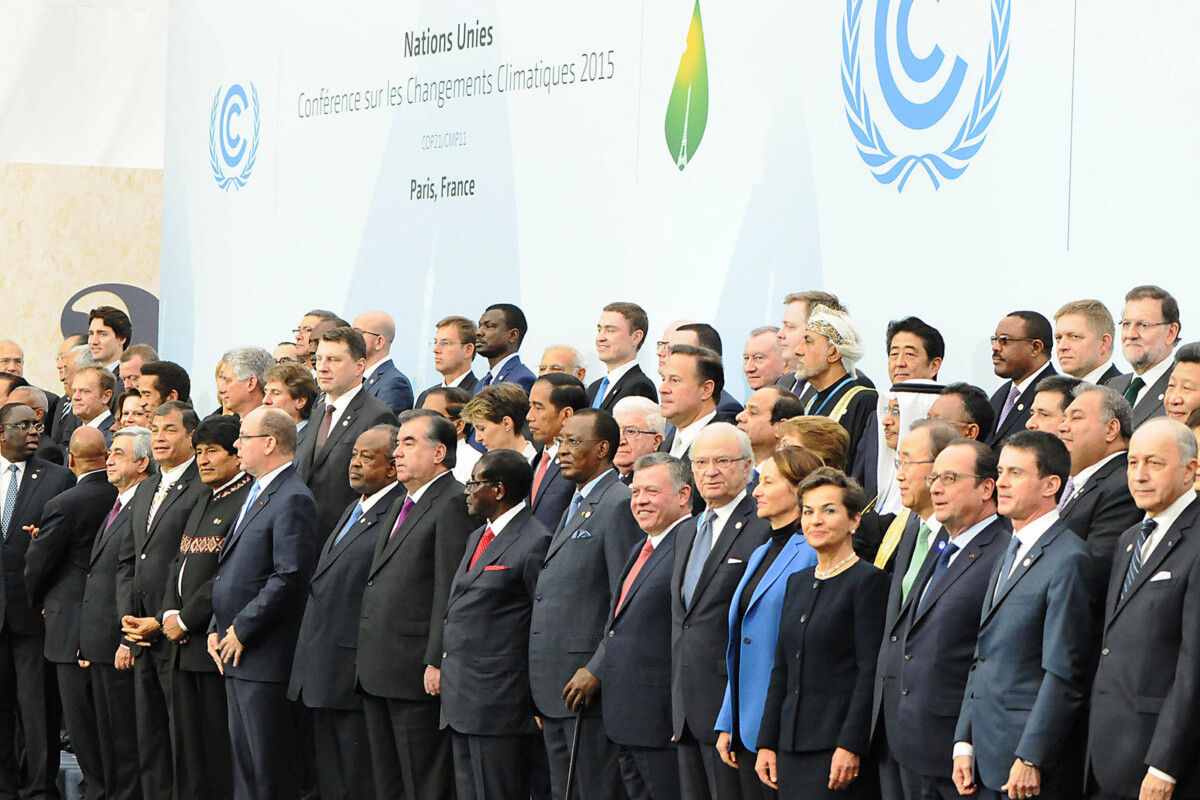
How did States contribute to causing the Climate Crisis?
As such, in most modern Neoliberal countries, States do not own the means of production, and they do not directly consume – it is instead the private companies who often own the means of production, and the citizens who consume. If we want to understand if States contributed to the Climate Crisis, then, we need to ask ourselves: did they fail to prevent, limit and regulate the destructive impact of other sectors of society? Although it is hard to come up with a general, single answer for this complicated question, taking a quick look at the environmental issue as for 2021 would suggest that something clearly could have been done better.
Are corporations or big companies responsible for the Climate Crisis?
Our last candidate for ‘responsible for the climate Crisis’ is multinational corporations and companies. How exactly are they contributing to causing the environmental issue, then, and what power do they hold to act on it?
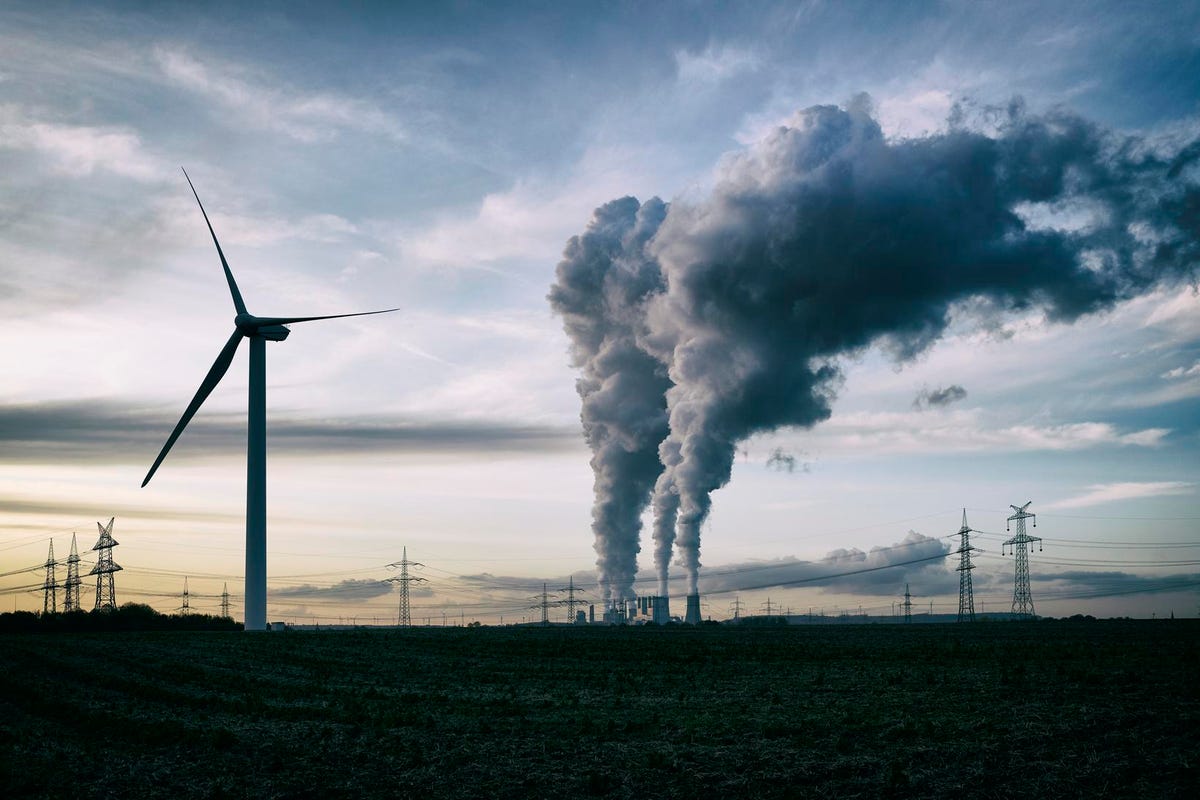
What do we mean by corporations?
Of course, corporations are many different things and it is always wrong to generalise. Some industries, specifically, hold a much bigger responsibility when it comes to climate change, and some others contribute to a much smaller extent. In this section, we will refer to corporations as entities that have the power and the potential to have a big impact on the environment – both positive or negative. We will later narrow down our focus and spot what industries and corporations exactly are the undiscussed protagonist of our topic of interest.
How did big companies contribute to the Climate Crisis?
Fossil fuel companies, specifically, clearly play a major role in the climate issue. A 2017 report claimed that 70% of the world’s greenhouse gas emissions over the previous two decades was caused by just 100 fossil fuel producers. Two years later, another report identified the top 20 fossil fuel firms behind a third of total global emissions. This already suggests that we may have found the responsible we were looking for – at least for what concerns who contributed mostly to the destruction of the natural environment.
Looking deeper into the topic, more evidence seems to lead to fossil fuel companies as greatly responsible for the environmental crisis. Different studies and articles accused Fossil Fuel Companies to intentionally shaping the popular narrative on climate change to suit their own interest – clearly, to keep extracting fossil fuels. Well aware of the dangers that their businesses were imposing on the climate, they invested in invalidating this knowledge and in sowing doubt into the emerging climate research. They contributed vastly to years of climate change denial and they slowed down action against environmental issues for decades. Finally, drawing a connection to our previous paragraph, it is fossil fuels corporations who popularised the concept of personal carbon footprint, in a successful and shameless attempt to direct the culpability for the climate crisis away from them and towards individuals.
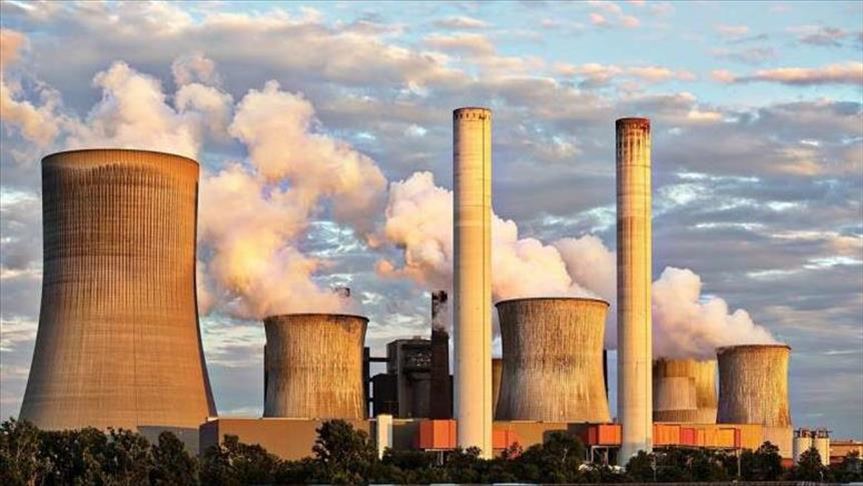
What can corporations do to fight the Climate Crisis?
Just as they contributed greatly to causing the crisis, companies have a big power to tackle the issue and help the environment. Being the biggest producers of emissions, a change in their ways of production could bring a drastic change in our situation with the climate. With their wealth and resources, they could also invest in some constructive practice that would contribute to fighting the Climate Crisis. A switch in the attitudes and ways of big corporations, though, seems unlikely, as any step in this direction would likely result in a loss of profit for them. It is then perhaps better to imagine a future in which corporations are not allowed to gain so much economic and cultural power, or in which the environment is protected by a solid body of international, binding legislation.

Conclusion
Between individuals, States and corporations, one clear entity seems to hold the most responsibility for the Climate Crisis. Corporations, and specifically fossil fuel big companies, caused the greatest impact on the environment through carbon emissions and by spreading doubts on Climate Change for decades. Preventing corporations from holding so much power or even from existing in the way they exist today would certainly be a great benefit for the environment and for many aspects of human life.
This said, our analysis showed that States and especially richer States dispose of a notable capacity to regulate and limit damages to the environment, and that therefore are to be held accountable, too. A more efficient action on the part of States, as well as a better collaboration among them, would certainly be a great help in the fight against the Climate Crisis.

The individuals’ responsibility for what concerns the Climate Crisis is limited, as they were not the primary contributor to the issue, and as their potential to act upon it is disproportionate to the one of the entities mentioned before. Although this is true, individuals cannot allow themselves to sit back and watch as others take care of the issue – especially since it is quite clear that nobody is really doing it. People have the power to unite and to fight for their future, and the right to demand that States and corporations would not doom the whole of humanity simply for their profit. Although fighting for the Climate Crisis is not your responsibility, then, it is definitely something you should do anyway.
DNS student, team DNS 2020

In a nutshell
This article will look into who is responsible for the Climate Crisis, analysing in particular the role of ordinary individuals, States and Corporations. What does responsibility mean, and what is the relevance of finding out who really is responsible for this global issue?


What does responsibility mean?
In everyday language, there are two ways of understanding the word:
1. One can be responsible if he was appointed to carry out a certain task (ex. I am responsible for washing the dishes today)
2. One can be responsible if he was the cause something (ex. I am responsible for breaking the flower pot)
Another possible meaning, that makes sense especially when it comes to issues or difficult tasks, is:
3. One can be responsible if he has the best capacity to carry out a certain task, and therefore he is appointed with it (ex. I am responsible for teaching you how to ride a bike, because no one else can, at the moment).
Global Issues as a subject of studies
At DNS, we believe it is relevant to learn and understand the global challenges that already affect our lives and the global society at large. For this reason, one of the subject in our curriculum – Big Issues of Our Times – is dedicated to the study and debate of such topics. Learn more about our curriculum here.
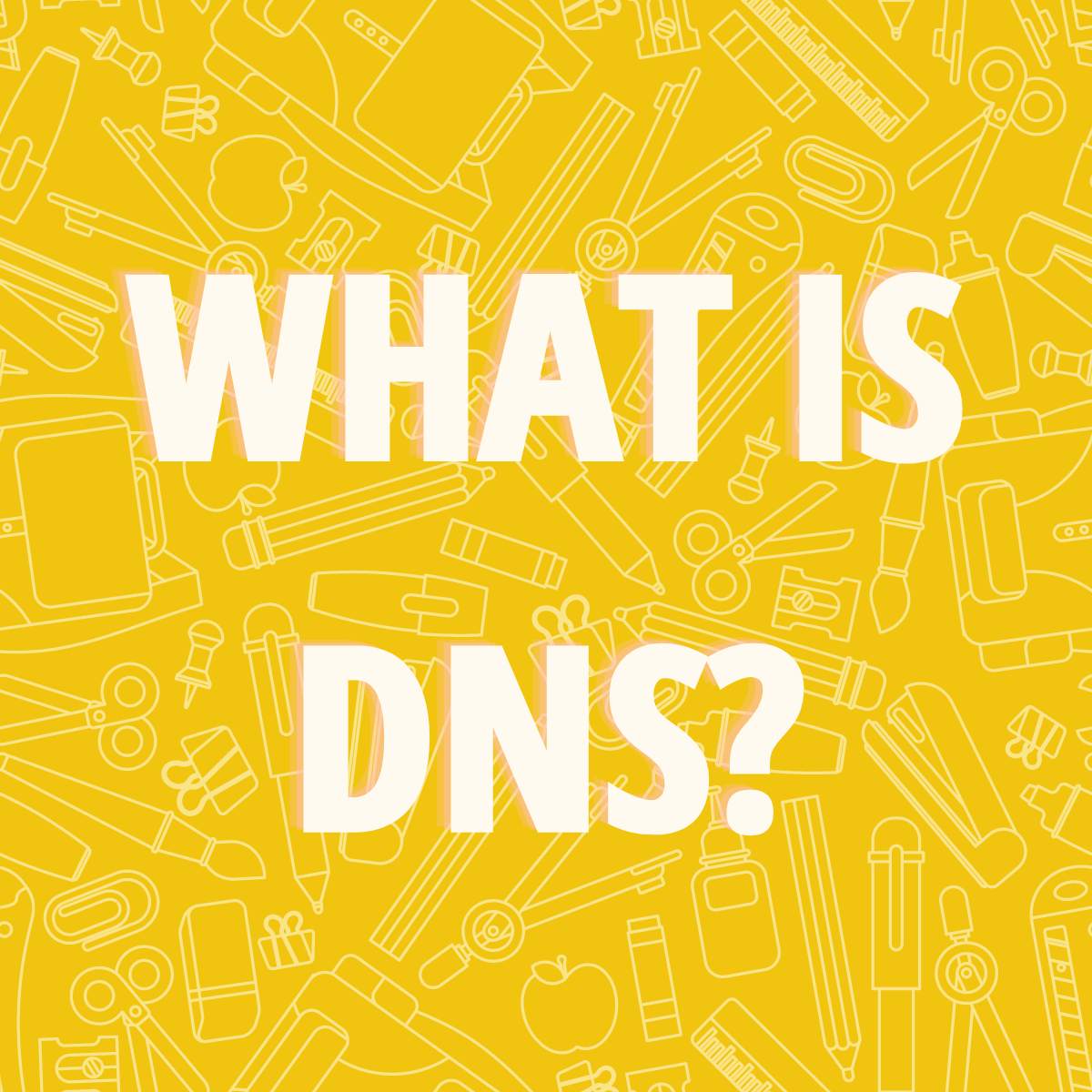
What is DNS?
Since DNS was established in 1972, over 1.000 graduates have played an important role in bringing equitable quality education to children and youth, as well as in all sorts of other projects and development programmes worldwide.

thankyou learn more meta
Thank you!You should get a booking confirmation over email.Meanwhile, feel free to explore our blogThank you!You should get a confirmation over email.Meanwhile, feel free to explore our blog

Winter Concert · January 2025
We are looking for volunteers to help us organise a big music event at the end of January!

Course: The Cuban Literacy Campaign
The Cuban Literacy Campaign and the participation of women in the campaign significantly impacted the Cuban patriarchal culture at a crucial moment. In other words, though a male-led revolution did not give women the space to organise against patriarchy, rather by actively participating in the revolution, women helped change the nature of Cuban patriarchy today.







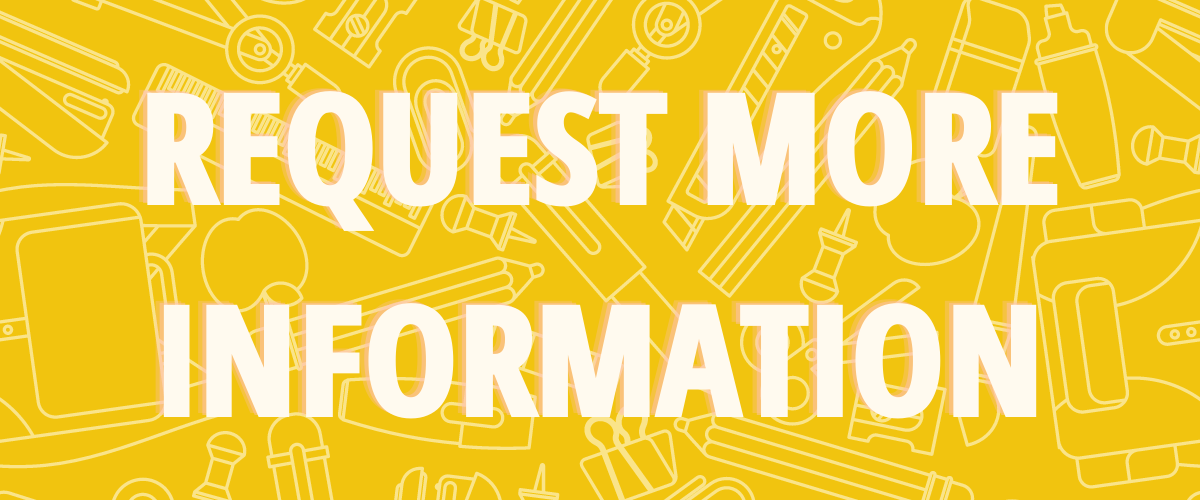

0 Comments